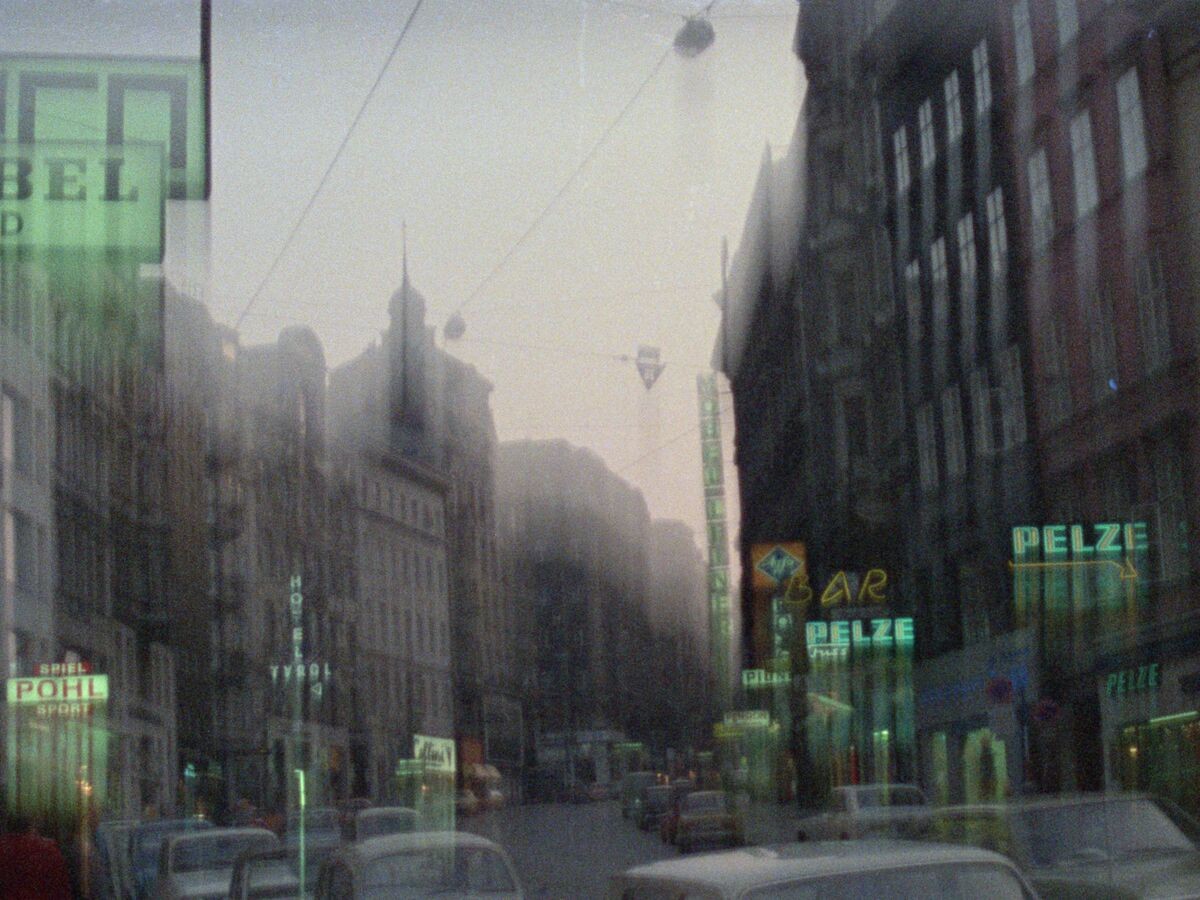A Long Early Cinema?
18th International Domitor ConferenceFilm Programs and Lectures
June 11 to 16, 2024
The term "early cinema" is typically applied to the period from 1895 to 1915, stretching from the beginning of cinematography to its establishment as an institution. In cinema's first two decades, an abundance of filmic forms full of unique visual styles, compositions, and storytelling strategies developed and were presented to a rapidly expanding audience in shifting exhibition contexts and media constellations, from variety shows to amusement parks and popular science presentations.
When the international Domitor conference now raises the question of a "long early cinema," it not only wants to consider the effects of early cinema on the entire silent era, but also study those vital effects that extend from early cinema experiments to polymorphic filmic avant-gardes and into the early 21st century. In daytime sessions, invited researchers and investigators will present what "early cinema" can mean for filmmaking outside of Europe and North America; how "early cinema" may look through the lens of questions of gender, ethnicity, and emancipation; and if "early cinema" can be understood beyond temporal chronologies as a stylistic grouping of visual, (non-)narrative, industrial, and/or artisanal practices. In evening sessions, films will be screened that were curated by conference participants and the Film Museum team.
It is no accident that the conference of the International Society for the Study of Early Cinema is being held in Vienna, because since its founding 60 years ago, the Austrian Film Museum has taken on the task of shaping and preserving the history of avant-garde cinema. The degree to which the Film Museum has met this challenge can be seen not least in the fact that a large number of the films being shown come from its own collection. (Tom Waibel)
The 18th international Domitor conference will take place under the title "A Long Early Cinema?" from June 12th to 15th at the Austrian Film Museum and is open to the public. Further information
The term "early cinema" is typically applied to the period from 1895 to 1915, stretching from the beginning of cinematography to its establishment as an institution. In cinema's first two decades, an abundance of filmic forms full of unique visual styles, compositions, and storytelling strategies developed and were presented to a rapidly expanding audience in shifting exhibition contexts and media constellations, from variety shows to amusement parks and popular science presentations.
When the international Domitor conference now raises the question of a "long early cinema," it not only wants to consider the effects of early cinema on the entire silent era, but also study those vital effects that extend from early cinema experiments to polymorphic filmic avant-gardes and into the early 21st century. In daytime sessions, invited researchers and investigators will present what "early cinema" can mean for filmmaking outside of Europe and North America; how "early cinema" may look through the lens of questions of gender, ethnicity, and emancipation; and if "early cinema" can be understood beyond temporal chronologies as a stylistic grouping of visual, (non-)narrative, industrial, and/or artisanal practices. In evening sessions, films will be screened that were curated by conference participants and the Film Museum team.
It is no accident that the conference of the International Society for the Study of Early Cinema is being held in Vienna, because since its founding 60 years ago, the Austrian Film Museum has taken on the task of shaping and preserving the history of avant-garde cinema. The degree to which the Film Museum has met this challenge can be seen not least in the fact that a large number of the films being shown come from its own collection. (Tom Waibel)
The 18th international Domitor conference will take place under the title "A Long Early Cinema?" from June 12th to 15th at the Austrian Film Museum and is open to the public. Further information
Related materials
Photos 2024 - Domitor-Konferenz
